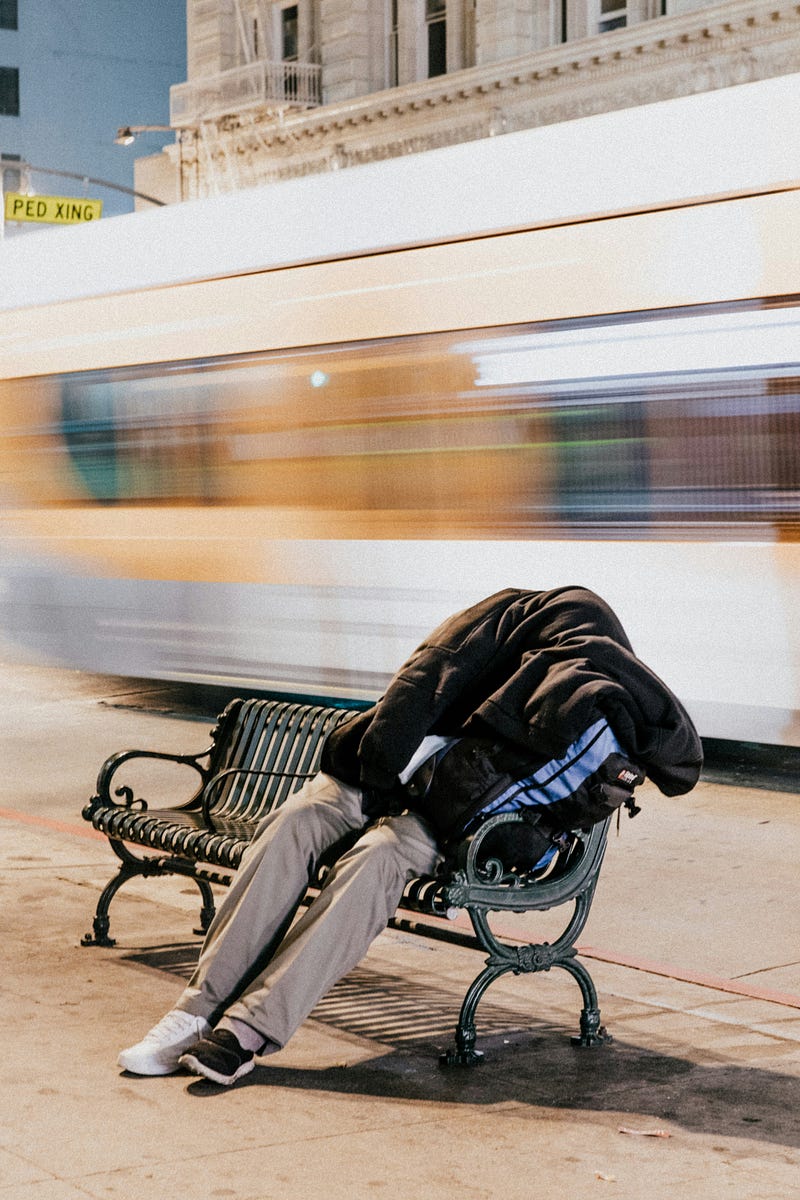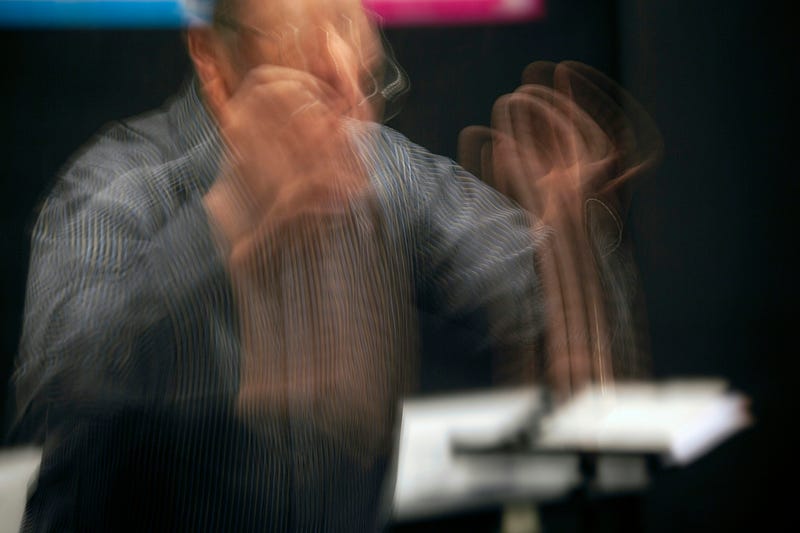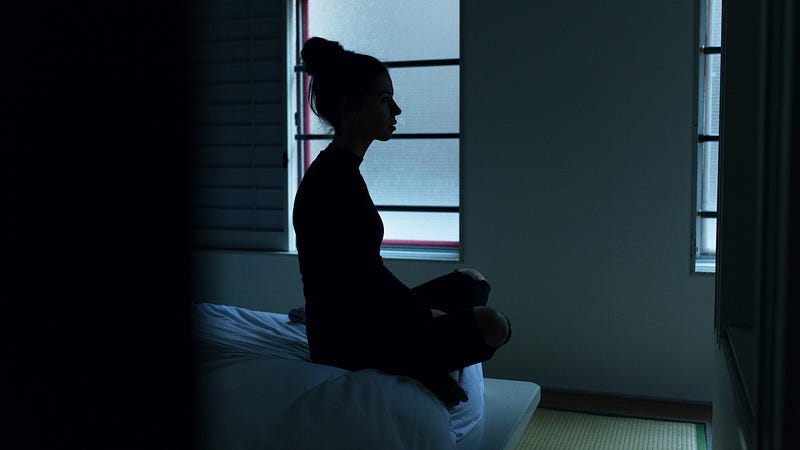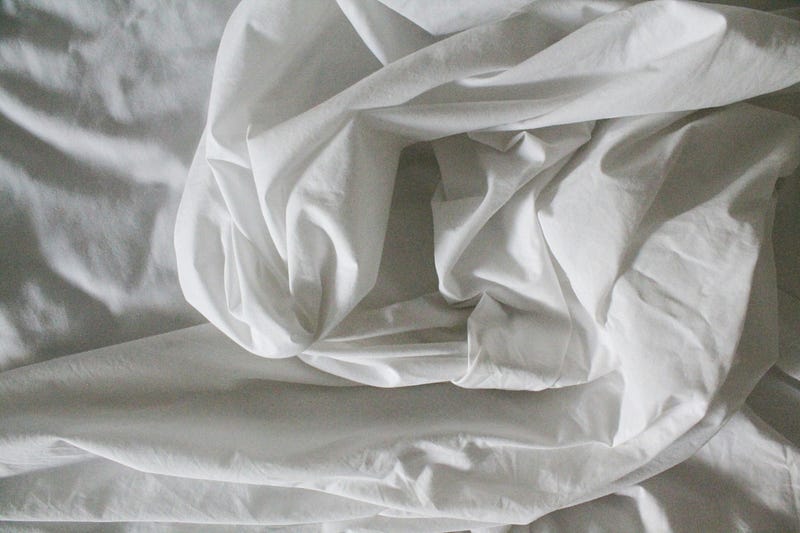Tossing and turning all night with my eyes glued to the ceiling at 1 am — that used to be my nightly routine. No matter how many sheep I counted, quality sleep remained elusive. Today’s topic: Walk to better sleep.
Exhausted and desperate, I decided to try something simple: walking.
It wasn’t a revolutionary plan, but within a few weeks, something remarkable happened.
I started falling asleep faster, sleeping through the night, and waking up feeling refreshed.

My Goals for This Essay – Walk To Better Sleep
This unexpected improvement in my sleep quality sparked my curiosity.
How could a simple activity like walking have such a profound impact on my rest?
This essay delves into the science behind walking and sleep, exploring how regular walks can be a powerful tool for combating sleep problems and promoting better overall health.
Sleep-Wake Cycle
Remember when you could wake up with the sunrise, naturally energized and ready to seize the day?
Unfortunately, that effortless rhythm is a distant memory for many of us.
The culprit? Often, it’s a disrupted sleep-wake cycle, our internal clock thrown out of whack.

But here’s some good news: a simple solution might be hiding in plain sight — walking.
1. Walking Promotes My Circadian Rhythm
Our bodies have a built-in clock, the circadian rhythm, that governs everything from sleepiness to hunger pangs.
This rhythm thrives on consistency, particularly exposure to natural light.
Regular walks, especially during daylight hours, act like a reset button for my internal clock.
By moving our bodies outdoors, we’re reinforcing the natural light-dark cycle.
The result of this sun exposure?
Feeling more alert and energized during the day and a smoother transition into restful sleep at night.

More on Circadian Rhythm
Think of your circadian rhythm as a conductor in an orchestra.
When exposed to sunlight during walks, it sets the tempo for all your internal processes.
The more consistent this dun exposure, the more harmoniously your body functions, leading to a well-rested and energized you.
Synchronization between internal circadian rhythms and the environment can reduce my risk of various diseases.
2. Walking Burns Calories – Walk To Better Sleep
This morning, I walked on the treadmill for an hour.
I burned about 267 calories.
Here is a handy table if you want to estimate your calorie burn (walking on a flat surface):

Here’s why this everyday activity can be your secret weapon for a deeper sleep:
- Burning Calories, Building Sleep Drive: Walking is a fantastic way to burn extra calories throughout the day. Just like using any tool, your body needs fuel to function. Expanding more energy through walking creates a greater demand for restorative sleep, which refreshes and energizes you.
- Tired Muscles, Sleepy Mind: Moderate-intensity walking engages your muscles, leading to a healthy dose of physical tiredness. This gentle fatigue creates a natural pressure for sleep, making it easier to drift off and stay asleep.
Think of it like this: imagine your body’s energy levels are like a battery.
Walking helps drain that battery throughout the day, making it more receptive to recharging through a good night’s sleep.

3. Walking Improves My Sleep Quality – Walk To Better Sleep
But walking improves more than my sleep drive.
Physical activity is often my ticket to a calmer and deeper slumber.
- The Body Temperature Trick: Did you know exercise acts like a natural sleep aid? When you walk, your body temperature rises slightly. Then, after your walk, your temperature gradually dips. This post-exercise drop in body temperature mimics the natural cooling before sleep, signaling your body that it’s time to wind down.
- Deeper Sleep, Less Restlessness: Regular walking can lead to deeper, more restorative sleep. This sleep type means less tossing and turning and more time spent in those deep sleep stages that leave you feeling truly refreshed when you wake up.
4. Less Stress, More Sleep – Walk To Better Sleep
We’ve all been there — lying in bed wide awake, worries swirling like leaves in a storm. But what if the key to a calmer mind and better sleep was just a walk away? Here’s how walking can be your secret weapon for a more peaceful night:
- Stress Less, Sleep More: I help individuals with cancer in my work. Feeling stressed and anxious can make falling asleep seem impossible. But walking acts like a natural stress reliever. As you walk, your body releases endorphins—those feel-good chemicals with mood-boosting powers. These endorphins help ease stress and tension, making you feel calmer and more relaxed.
- Tame the Worry Monster: Exercise and walking can also be a great way to clear your head. Those repetitive steps can become a form of meditation, helping you focus on the present moment and let go of worries that might otherwise keep you up at night.

Think of it like this: imagine your mind is a cluttered attic.
Walking is like taking a mental decluttering session.
As you move your body, you clear out those built-up anxieties and worries, creating a state of mind perfect for drifting off to sleep.
Tips – Walk To Better Sleep
When it comes to incorporating walking into your routine, several practical tips can help you make the most of this simple yet effective activity.
- Set achievable walking goals based on your current fitness level and schedule. Setting realistic goals, whether for a 20-minute walk during your lunch break or a longer weekend stroll, can help you stay motivated.
- Find a walking route you enjoy, whether through a local park, a scenic neighborhood, or along a waterfront. Having an enjoyable route can make walking more appealing and sustainable.
- Investing in a good pair of walking shoes is also helpful to ensure comfort and support during your walks.
- Incorporate walking into different parts of your day, whether using a pedometer to track your steps, walking meetings at work, or opting for the stairs instead of the elevator. By integrating walking into your daily life, you can reap the benefits of this accessible form of exercise.
Final Thoughts- Walk To Better Sleep
In conclusion, while counting sheep may be a traditional remedy for sleeplessness, it pales compared to the power of a brisk walk.
Walking offers a powerful, natural solution for a better night’s rest. It regulates your circadian rhythm, burns calories to promote sleep drive, improves sleep quality through temperature regulation, and reduces stress.

Want to sleep better tonight? Studies show that 30 minutes of moderate-intensity exercise can improve sleep quality as early as the same night.
So, lace up your shoes, step outside, and experience the transformative power of walking on your sleep and overall well-being.
Get an email whenever Dr. Michael Hunter publishes.
drmichaelhunter.medium.com.
Thank you for reading “Beyond Counting Sheep: The Unexpected Sleep Remedy You’re Missing.”




